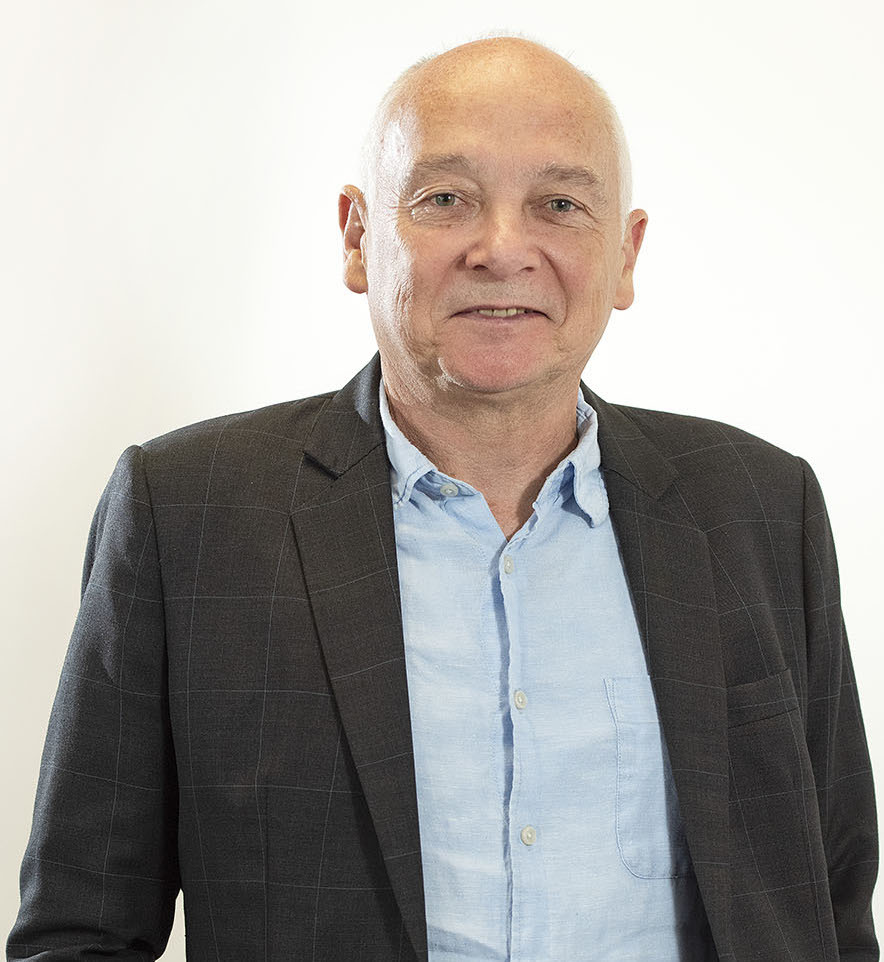
Community advocates must do better
By Denis Moriarty, group managing director, Our Community
Life goes on after an election. And so does advocacy.
Any government, of any complexion, will have reservations about calls for change from not-for-profits. The thing about change is that it hasn't happened yet, so it hasn't accumulated a body of people who have profited from it, and who will therefore defend it. The status quo, in contrast, will always have armies of defenders.
Doing something rather than nothing requires the government to put in more work against fiercer opposition with a greater risk of failure. That's a tough sell at the best of times, and now is not the best of times.
Conservative governments are even less keen than progressive ones on advocacy by the not-for-profit sector, if only because the very term "not-for-profit sector" carries the implication of a gap in services that the for-profit sector has failed to fill.
Organisations in the third sector are, virtually by definition, doing things that people aren't willing (or able) to pay for. If the people who benefit don't value the sector's services enough to pay for them, then why should business or government pay for them? Where's the business model?
Exceptions may be made for people who are absolutely destitute, but even then there's a risk of moral hazard. "If you have a go in this country, you will get a go," the prime minister says, and he wouldn't want anyone to be disincentivised to have a go.
The specific conservative government we have now has particular reasons to resent not-for-profit advocacy. The organisations with the highest profiles - Get Up, or Animals Australia, or the Australian Conservation Foundation - owe their notoriety largely to their vigorous protests against the government's policies. This must colour the government's view.
The Labor Party does try to be on good terms with the sector - during the election campaign it proposed, for example, to give the sector a minister of its own, to create a dedicated Minister for Charities and Not-for-profits.
In contrast, the Liberals under John Howard inserted gag clauses in their contracts with charities, preventing organisations from speaking out for fear of losing funding.
Being disliked isn't necessarily a problem for the not-for-profit sector. The Emperor Caligula used to say, "Let them hate me, as long as they fear me."
It does help, though, to be either liked or feared, and since last month's election, the government neither likes the sector nor fears it.
Once the votes were counted, Get Up had struck out. An enormously widespread campaign against the Adani mine, too, was counterproductive. A children's crusade against global warming was no match for $60 million worth of a billionaire's simplistic slogans.

Denis Moriarty, Group Managing Director at Our Community, dissects the election result. Photo: Ellen Smith
What is the way forward, then, for not-for-profit advocacy, in the light of these setbacks?
There are unlikely to be any structural changes. Ten years ago the High Court laid down, in the AidWatch case, that advocacy for changes in the law is an inseparable element of charity, and that's headed off most of the legal moves that even the most hostile government could contemplate.
So the risk is less that the government will strike out in the wrong direction than that it will sit down, stick its fingers in its ears, and say "La-la-la-la-la, we're not listening" for the next three years. Or six, or nine.
How, then, to get the government's attention, assuming your charity doesn't have $60 million to spend on advertising?
The task of the not-for-profit, as ever, is to help make people care about others.
But it is also clear that community advocacy groups have to do better.
Our Community is a member of the Community Council for Australia, the national peak body for the community sector. I know that it will continue to advocate for a stronger, bolder and more viable community sector. And we at Our Community have no intention of shying away from advocating either.
The question, of course, is exactly how to do better. If we knew the answer, then we would already have done better, and this would have been a different article, and a different country, with a different election result.
I can say, though, that any group that makes the smallest of breakthroughs has a duty to share with the rest of us what they're doing right, and every one of us has the obligation to continue to tell the government what they're doing wrong.
